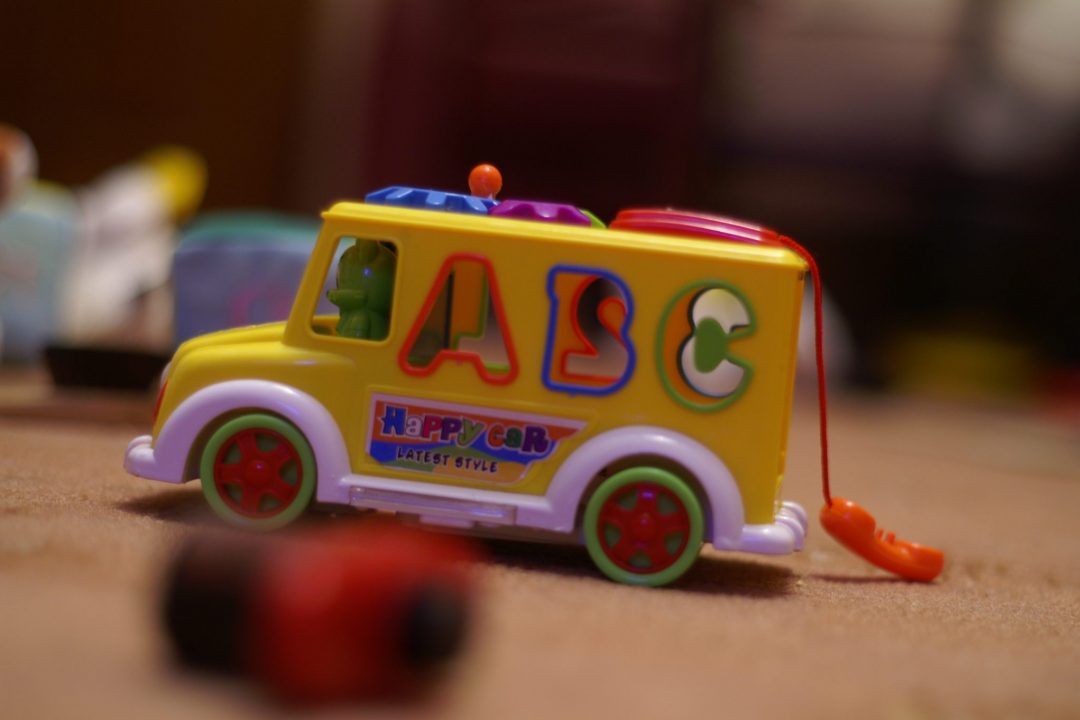
The need for urgent action
Aboriginal and Torres Strait Islander children are over 11 times more likely than non-Indigenous children to be in out of home care in NSW. On current trends, Family Matters projects that the population of Aboriginal and Torres Strait Islander children in care nationally will more than double in the next 10 years. This is starkly at odds with Closing the Gap Target 12, which requires a reduction in the rate of over-representation of Aboriginal and Torres Strait Islander children in out-of-home care by 45 per cent by 2031.
Over 20 years since the Bringing Them Home report into the Stolen Generations, these alarming statistics sound an urgent call to action. We know the answers – the landmark, Aboriginal-led Family is Culture Review Report set out a clear pathway to reform, by ensuring Aboriginal families are supported to stay together and children connected to culture; and that self-determination and accountability to community are at the heart of child protection decision making.
Unfortunately, implementation of the Report’s recommendations has been disappointingly slow.
How we are working to achieve change
We work to advance the goals of Aboriginal community-controlled organisations through the Aboriginal and Torres Strait Islander Child Protection Project, to improve outcomes for Aboriginal and Torres Strait Islander children and families in the NSW child protection system.
We work closely with the Aboriginal Legal Service (NSW/ACT) and AbSec – the NSW Child, Family and Community Peak Aboriginal Corporation as part of a coalition advocating for the urgent implementation of all 126 recommendations of Family is Culture, in genuine partnership with Aboriginal communities and stakeholders.
Through consultation with state-wide and regional Aboriginal organisations, PIAC and the ALS identified several priority areas requiring systemic change including:
- Early support for families – strengthening the obligation on the Department to support families and prevent the removal of children.
- Permanency of culture – ensuring that connection to culture is recognised as integral to the wellbeing and best interest of Aboriginal children, particularly in court proceedings.
- Adoption and guardianship – increasing transparency around the NSW government’s approach to adoption and guardianship of Aboriginal children, and advocating for the implementation of the Family Is Culture Review recommendations.
- Housing – improving consistency between housing and child protection policies to ensure that families at risk can access appropriate housing.
PIAC’s work is focused on making change in these priority areas.
We acknowledge the generous support of the BB & A Miller Foundation for PIAC’s work on child protection.